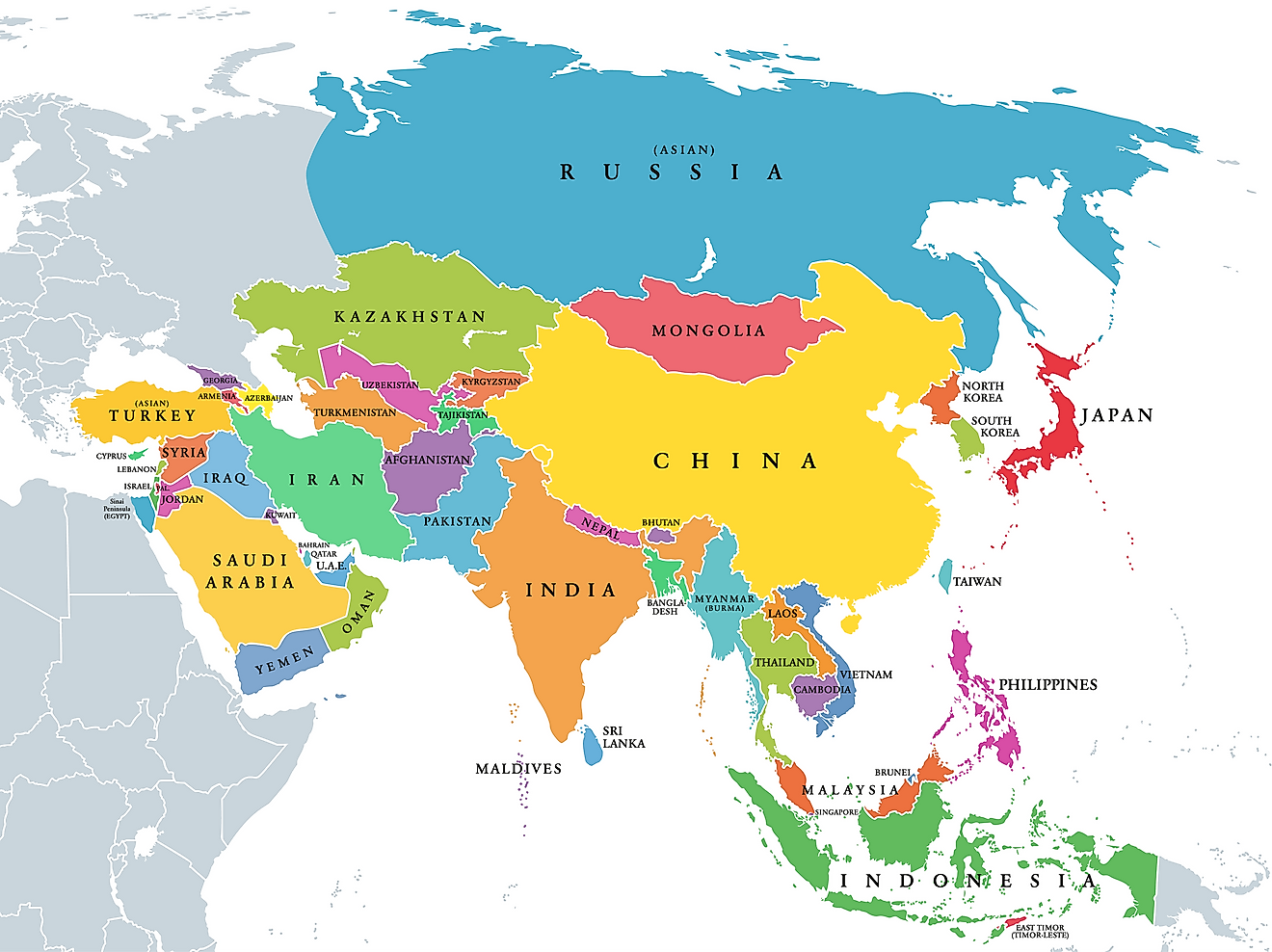Belém - The Capital Of The Pará, Brazil

The state of Pará is located in northern Brazil. With an area of 1,247,689 km2 and an estimated population of 7,792,561, Pará is Brazil's second most extensive state and its ninth most populous. The state has a coastline along the Atlantic Ocean and is world-renowned for its iconic Amazon Rainforest and the Amazon River system. Pará is a top producer of rubber, tropical hardwoods, bauxite, and iron ore.
Capital of Pará
Belém is the largest city and state capital of Pará. The city encompasses an area of 1,059.40 km2 and has an average elevation of 10 m. It is located on the Pará River, approximately 100 km upriver from the Atlantic Ocean. The Pará River is part of the Amazon River system.
Demographics of Belém
Belém has an estimated population of 1,439,561, ranking as the 11th most populous city in Brazil. Additionally, the city has a population density of 1,322 persons per square kilometer. According to census data, Belém's population includes the following population groups: Pardo (64.5%), White (27.5%), Black (7.3%), and Asian (0.7%).
History of Belém
Belém was the first European colony established on the Amazon. The Kingdom of Portugal formed the colony in 1616 and it became part of Brazil more than a century later. In 1655, Belém was designated as a city, and it became capital of Pará when the state was carved out of Maranhão in 1772. Between the 17th and 19th century, the city's economy was dependent on the sugar trade, followed by cattle ranching, and then rubber production. Today, old parts of the city, which includes churches, tree-filled squares, and other forms of historic architecture, highlight Belém's colonial history.
Economy of Belém
Belém's location along the Amazon makes the city an important export hub. Additionally, since it acts as a gateway to the Amazon, the city contains a large network of transportation infrastructure, including multiple airports, and Belém's port is one of the busiest in the region. A number of industrial and agricultural products like iron ore, aluminum, hardwoods, cassava, jute, and nuts are produced near Belém, and the Tucuruí Dam, which is built along the Tocantins River, provides electricity to the city. Tourism is also an important part of Belém’s economy and provides a source of livelihood for many local residents.











